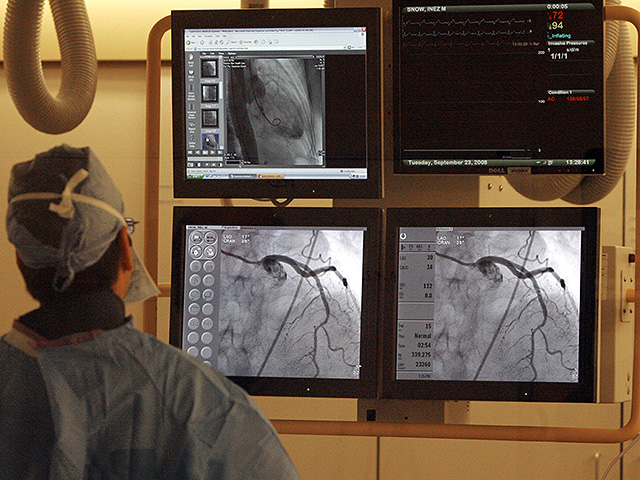A new tool using artificial intelligence can detect heart disease before symptoms appear, which could help reduce the risk of strokes.
Created by scientists and doctors from the University of Leeds and public teaching hospitals, the tool analyzes GP records to identify “red flags” that could indicate a patient is at risk of developing atrial fibrillation (AF), reports the BBC. The algorithm was developed using anonymous electronic health data from more than 2.1 million people and tested using the records of a further 10 million UK patients.
The tool assesses risk based on factors such as age, gender, ethnicity, and the presence or absence of comorbidities. For people who are at high risk, it is suggested that they use a portable electrocardiograph (ECG) to measure their heart rate twice a day for four weeks, and whenever they feel a racing heartbeat. If the ECG shows signs of atrial fibrillation, the patient’s physician is notified.
Atrial fibrillation causes an irregular and often too fast heart rate. In some people, AF may include rapid heartbeat, dizziness, shortness of breath, and fatigue. However, many people may have no symptoms and may not even be aware that their heart rhythm is abnormal.
